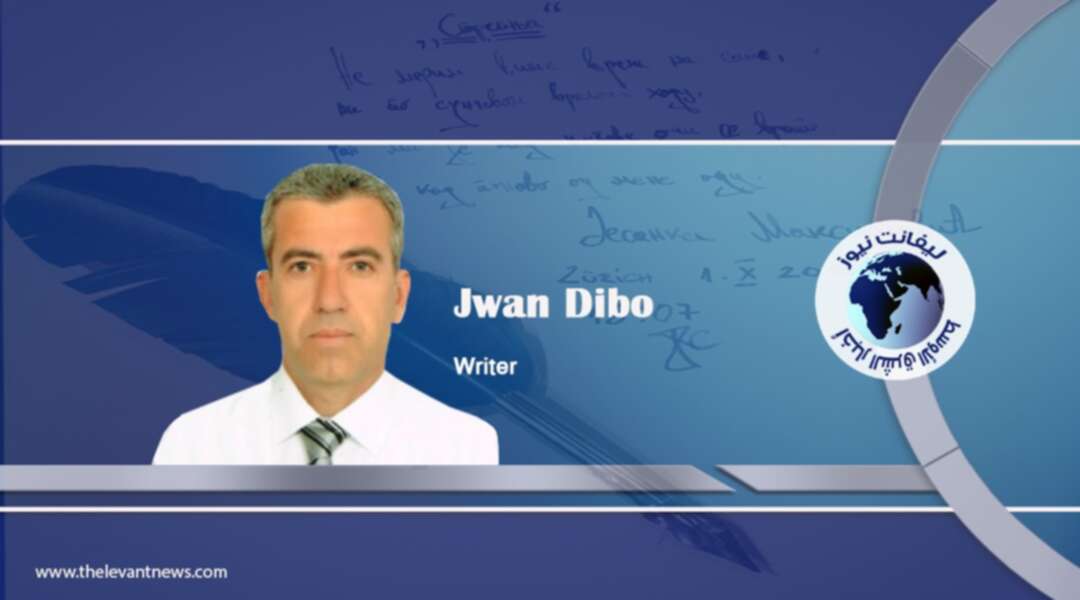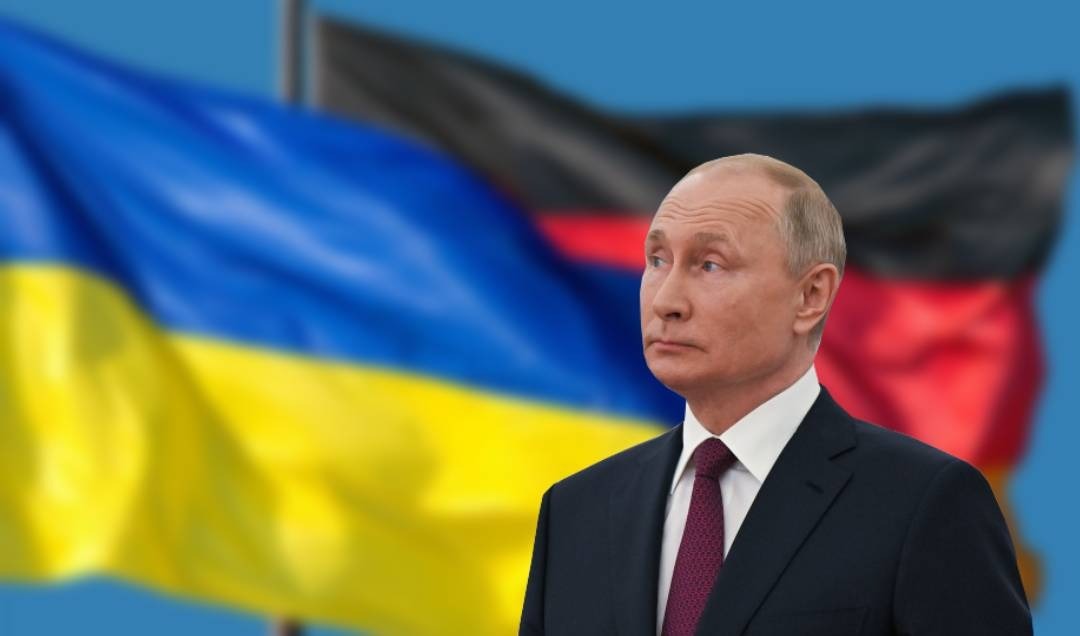-
The Tragedy of Great Power Politics in Ukraine

Offensive Realism Theory in International Relations
John Mearsheimer says in his book “The Tragedy of Great Powers Politics”, that "Power is the currency of great-power politics, and states compete for it among themselves. What money is to economics, power is to international relations". He continues, "Great powers are rarely content with the current distribution of power; on the contrary, they face a constant incentive to change it in their favour. They almost always have revisionist intentions, and they will use force to alter the balance of power if they think it can be done at a reasonable price".
Mearsheimer calls his theory “offensive realism”. This theory shows that there is no clear and definitive limit to the tendency of great powers to acquire more power and to attempt to strip competitors of it with the aim of hegemony. The ultimate goal of the state, Mearsheimer states, "is to become the dominant state in the system".
Offensive Realism in Russia’s Position
When examining the Russian-Ukrainian crisis in light of realist theory in international relations, it turns out that John Mearsheimer's "offensive realism" theory is the most appropriate description of the actions and reactions of the great powers involved in this tension. Russia, for example, is escalating militarily to obtain the concessions hoped from the West.
Russia demands the issuance of an official pledge by NATO not to expand to the east. Also, a permanent freeze on the expansion of Western military infrastructure in countries that were formerly within the collapsed Soviet Union. In addition to ending Western military aid to Ukraine and imposing a ban on medium-range missiles in Eastern Europe.

But the underlying goal is to expand or revitalise Russian sphere of influence in the context of the Russian president's gradual efforts to restore the former glories of the defunct Soviet Union. The fact is that Vladimir Putin's creed of expansion and reconstitution of the scattered wreckage of the former USSR has been translated on the ground since 2008, when Russia seized South Ossetia and Abkhazia from Georgia and recognised them with Russia's friendly states as independent states. This was followed by the seizure of Crimea from Ukraine and its annexation to Russia in 2014.
Russia's military intervention in Syria's civil war at the end of 2015 to protect the regime of Bashar al-Assad and the symbolic intervention in Libya is considered a step on the way to restoring Russia's role at the global level. All of these steps are part of an attempt to redraw and share international map of influence in a way that preserves Russia's share in equal to the rest of the major players in the international arena. This is what some observers saw as preliminary indications that may suggest a slow phased return to the Cold War. Put differently, the beginning of the demise of unipolar system and re-emerging of bipolar or multipolar system at the global level.
Offensive Realism in Western’s Position
Since the fall of USSR in 1991, the West has spared no effort to expand eastward to encompass the majority of the countries that were republics within the former USSR and the countries of the Socialist Camp to NATO and EU. This expansion, which Moscow considers a blatant threat to its national security, and indeed it is. The aim behind this was and still is to tighten the noose further on Russia, the heir to USSR, after it was weakened as a result of its geopolitical disintegration and the collapse of the socialist camp.
The western goals behind this were to gain more power and strip the Russian bear of more power so that it would not exist in the future as a great power.
The Record of All Great Powers is Replete with Grievances
All great powers, in one way or another, have a history of grievances against less powerful others and no superpower is innocent in this regard. Therefore, accusing Russia only of aggression, adopting expansionist tendencies, and exonerating its competitors is not acceptable to the facts and logic of history and the present. For example, would America accept Mexico and Canada joining the anti-Washington alliances? The answer is simply no. So, why is the West asking Russia to abide by what the West itself does not?
In this context, the US tried dozens of times to overthrow Fidel Castro regime in Cuba in 1960s because Cuba was a member of the Soviet alliance. Washington rejected the presence of Soviet offensive missiles in Cuba. This later became known as the Cuban Missile Crisis, which ended with the Soviets accepting the removal of missile bases there in exchange for an American pledge not to invade Cuba.
Conclusion
The theory of "offensive realism" by John Mearsheimer is best suited to describe and explain Russian and Western counter-behaviour during the current Russian-Western Ukrainian crisis. The reason is that both sides, i.e., Russia and the West, want to harm each other with different methods. The West, since the fall of the former USSR at the end of the last century, has spared no effort to expand the military alliance of NATO to the east to besiege Russia, tighten the noose around it, and even to humiliate it.
Russia, on the other hand, uses the same methods based on force to intimidate Ukraine and compel the West to submit to its demands. The West and Russia use the same means in terms of content, even if they change in form. The two sides' goal is to increase power and weaken and confuse the opponent, leading to hegemony.
Mearsheimer describes this unavoidable state of affairs among the great powers as tragic. The reason behind this situation is that these great powers are bound to aggression because that is part of the nature and message of the power they possess and the additional and surplus power that they are always eager to obtain. This power that always pushes them to take adventures in order to have more power and strip opponents of it and achieve dominance. Mearsheimer says that “The claim that security competition and war between the great powers have been purged from the international system is wrong. Indeed, there is much evidence that the promise of everlasting peace among the great powers was stillborn”.
BY: Jwan Dibo
You May Also Like
Popular Posts
Caricature
BENEFIT Sponsors BuildHer...
- April 23, 2025
BENEFIT, the Kingdom’s innovator and leading company in Fintech and electronic financial transactions service, has sponsored the BuildHer CityHack 2025 Hackathon, a two-day event spearheaded by the College of Engineering and Technology at the Royal University for Women (RUW).
Aimed at secondary school students, the event brought together a distinguished group of academic professionals and technology experts to mentor and inspire young participants.
More than 100 high school students from across the Kingdom of Bahrain took part in the hackathon, which featured an intensive programme of training workshops and hands-on sessions. These activities were tailored to enhance participants’ critical thinking, collaborative problem-solving, and team-building capabilities, while also encouraging the development of practical and sustainable solutions to contemporary challenges using modern technological tools.
BENEFIT’s Chief Executive Mr. Abdulwahed AlJanahi, commented: “Our support for this educational hackathon reflects our long-term strategic vision to nurture the talents of emerging national youth and empower the next generation of accomplished female leaders in technology. By fostering creativity and innovation, we aim to contribute meaningfully to Bahrain’s comprehensive development goals and align with the aspirations outlined in the Kingdom’s Vision 2030—an ambition in which BENEFIT plays a central role.”
Professor Riyadh Yousif Hamzah, President of the Royal University for Women, commented: “This initiative reflects our commitment to advancing women in STEM fields. We're cultivating a generation of creative, solution-driven female leaders who will drive national development. Our partnership with BENEFIT exemplifies the powerful synergy between academia and private sector in supporting educational innovation.”
Hanan Abdulla Hasan, Senior Manager, PR & Communication at BENEFIT, said: “We are honoured to collaborate with RUW in supporting this remarkable technology-focused event. It highlights our commitment to social responsibility, and our ongoing efforts to enhance the digital and innovation capabilities of young Bahraini women and foster their ability to harness technological tools in the service of a smarter, more sustainable future.”
For his part, Dr. Humam ElAgha, Acting Dean of the College of Engineering and Technology at the University, said: “BuildHer CityHack 2025 embodies our hands-on approach to education. By tackling real-world problems through creative thinking and sustainable solutions, we're preparing women to thrive in the knowledge economy – a cornerstone of the University's vision.”
opinion
Report
ads
Newsletter
Subscribe to our mailing list to get the new updates!






















